Selling death for dignity: How Cashing Out explores the morally messy world of AIDS-era viatical settlements (EXCLUSIVE)
Matt Nadel’s critically-acclaimed documentary, executive produced by Matt Bomer and Angeria Paris VanMicheals, dives into a market born of desperation, shaped by neglect, and never forgotten
By Callum Wells
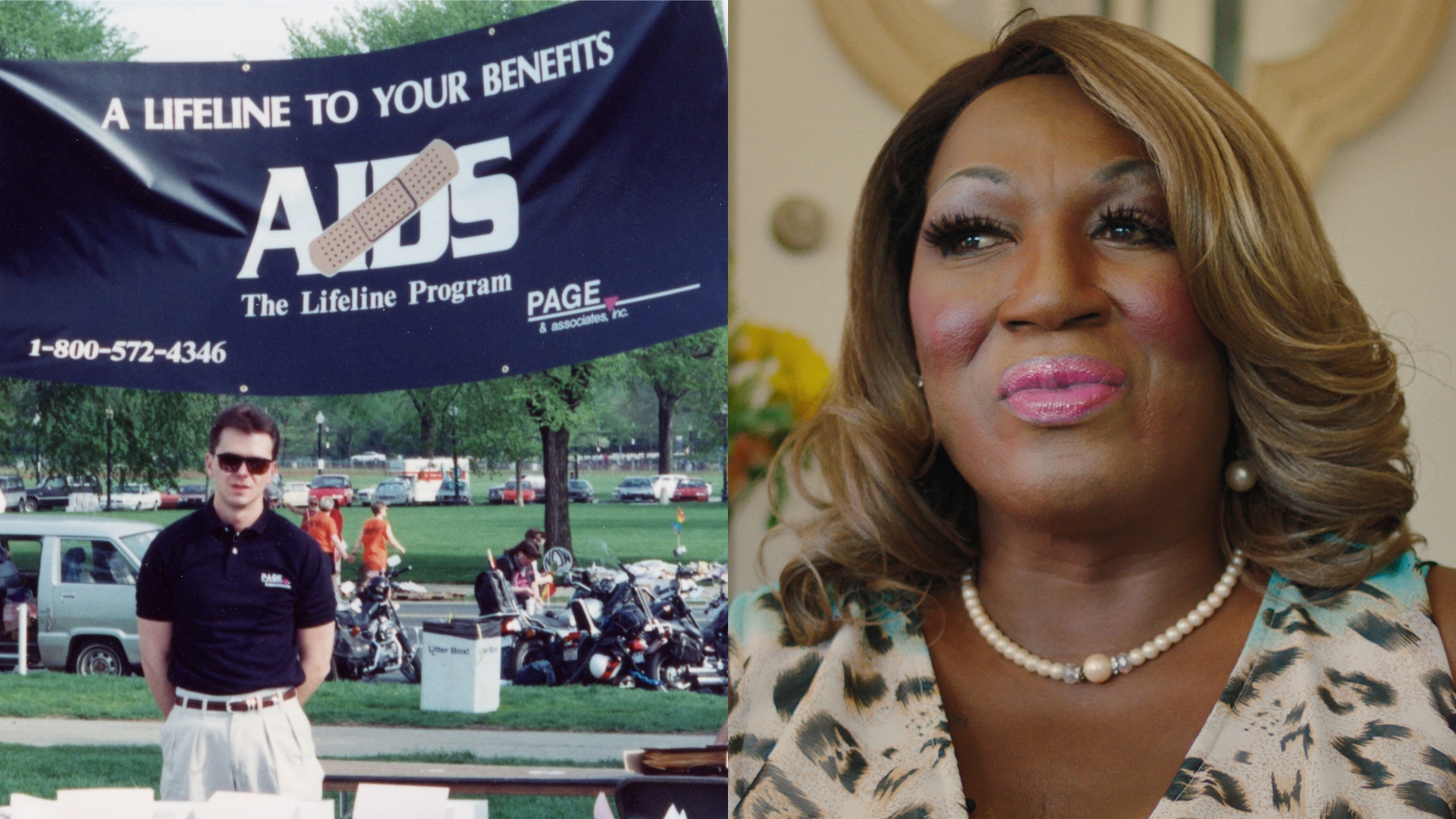
When filmmaker Matt Nadel learned in 2020 that his father had invested in the viatical settlement industry – a market that allowed terminally ill individuals to sell their life insurance policies for cash – he was immediately struck. The industry, which boomed during the AIDS crisis of the 1980s and 90s, seemed morally fraught.
“I was like, ‘What is this?’ Like, this is… it seems horrifying,” he recalls to Attitude. As a gay man, it hit particularly close to home. That moment of shock became the starting point for a four-year journey that culminated in Cashing Out, a documentary examining the ethically-tangled business during that era.
The practice, named after the Latin word viaticum meaning “provisions for a journey”, emerged as a financial lifeline for people with HIV at a time when government support was largely absent. The legal foundation for viatical settlements dates back to the 1911 Supreme Court case Grigsby v. Russell, which established that life insurance policies are transferable assets. But the viatical industry did not emerge until the AIDS crisis of the 1980s, when terminally ill patients – especially young gay men – needed immediate financial relief.
“I walk away from this with a bigger, a wider lens” – filmmaker Matt Nadel on producing Cashing Out
Nadel’s initial disapproval gave way to curiosity, prompting him to dig through archival news footage and LGBTQ+ publications from the era. He spoke with former participants and industry insiders, gradually uncovering a story that defied simple categorisation.
“I walk away from this with a bigger, a wider lens,” he affirms, reflecting on the complexity of what he found. “I feel at peace with what my dad did in this industry. I think within the horrifying context, I think it was a net good.” For many, the settlements provided not just financial relief but a measure of dignity – something Nadel believes the government failed to offer. “It gave people necessary funds that helped to extend their lives or that helped them, at least, to die comfortably when our government was content to let them die quickly and painfully,” he says. “I no longer feel disgust at this industry. I feel disgust now at the conditions that created the need for this industry.”
The film follows three individuals – Scott Page, Sean O. Strub and Dee Dee Chamblee – whose experiences illustrate the range of outcomes viatical settlements could produce. Page’s story, in particular, shifted Nadel’s understanding of the industry’s potential. He’d used a settlement to provide for his partner Greg, who was dying of AIDS, remaining with him at the end of his life and helping him through his final moments. After his death, he was inspired to create a business to help other people get the funds they needed. He describes how Page used his life insurance payout not only for personal comfort but to reinvest in his community. “Scott helped me to see the incredible, sort of, rippling positive effects that could happen here when somebody was able to monetise life insurance,” Nadel says. “It wasn’t just that you could get a house or die on the beach. It was that you could reinvest in your community and make life better for a whole swath of people, which is what he did.”

Strub, meanwhile, used his settlement to help launch POZ Magazine in 1994, a publication for people living with HIV and AIDS. He is also the executive director of the Sero Project, which advocates against HIV criminalisation, and has been a prominent activist since the 1980s.
“Very wealthy institutions in our country were content to let these people die” – Nadel on the viatical settlement industry
Chamblee, a transgender woman, brought a different perspective – one that challenged Nadel to consider who was excluded from this form of relief. A former sex worker who didn’t have a job or health insurance, she was forced to ask, “What about everybody who doesn’t have a life insurance policy to sell?” And, after surviving her illness, she founded LaGender, Inc., an organisation to help other black trans women. Nadel says of her involvement, “She really challenged me to think more broadly. That seems like a pretty arbitrary way to determine whether or not somebody should have dignity in their final days, whether or not they have life insurance.”
One of the film’s central challenges was how to represent those who had died from AIDS – voices that, by definition, could not be interviewed. Nadel addressed this by incorporating archival material, including network news segments, community television broadcasts and personal correspondence. “You can never include the voices of the people who were most gravely affected, which are those who died,” he says. “But we found letters and postcards they had written that were sent to some of the participants in my film.”
Beyond individual stories, Cashing Out confronts the systemic failures that made the viatical industry necessary. Nadel points to the role of health insurers and government institutions, which he said were “content to… discontinue coverage for people”. He adds, “Dominant institutions, very wealthy institutions in our country were content to let these people die and die painfully and die alone. And this was a tool that allowed some people to avoid that very sad fate.”

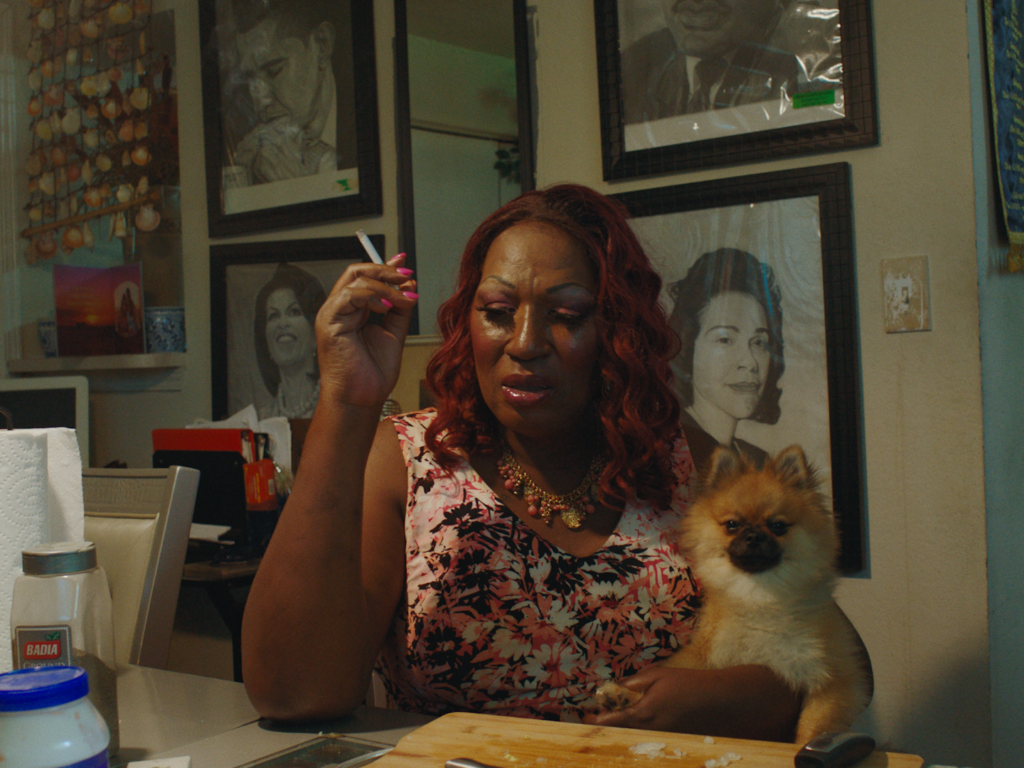

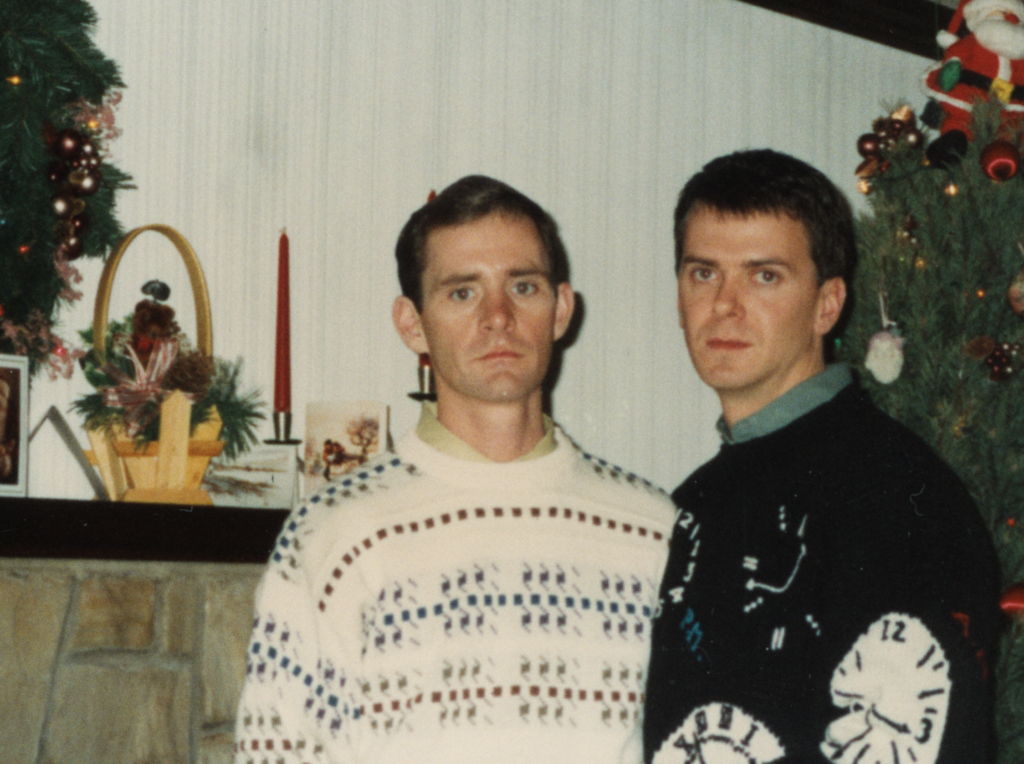
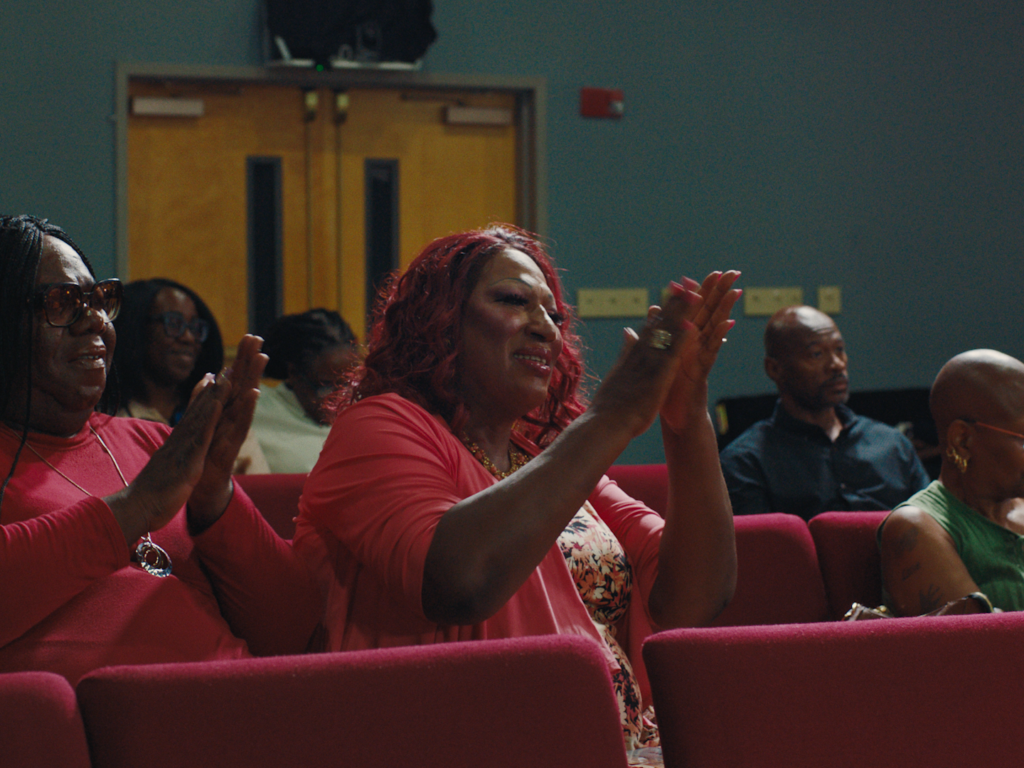
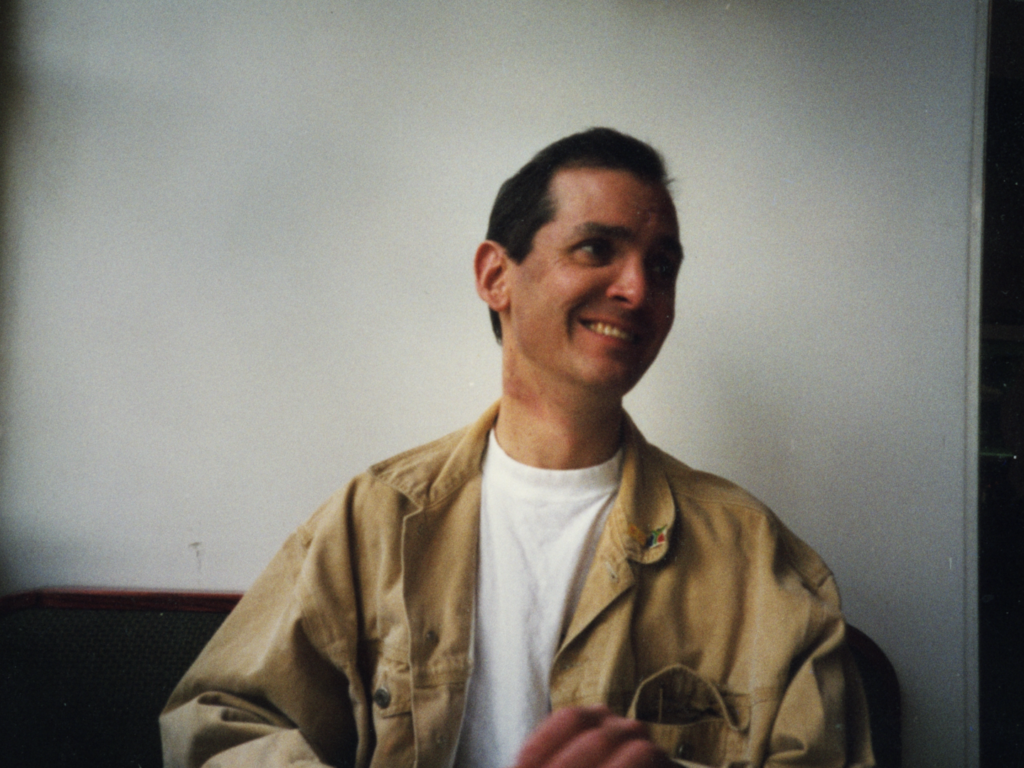
As a Gen Z filmmaker, Nadel sees the documentary as a bridge to younger audiences. He hopes it will serve as an entry point for those unfamiliar with the AIDS crisis and its legacy. “I would love to view myself in the lineage of other documentaries that have done this, like Common Threads and How to Survive a Plague,” he says. “I want younger viewers who might see more of themselves in me than they do in 80s and 90s archival footage.” His goal is to equip them with “the tools, the knowledge to keep the memory alive”.
“When the government does not show up for public health, private interests will always creep in” – Nadel warns
Cashing Out premiered as part of The New Yorker’s documentary series and has qualified for the 2026 Academy Awards in the Best Short Documentary category. It is part of a campaign by the National AIDS Memorial called ‘The Quilt Can Be A Comforter’, which includes screenings and panel discussions aimed at younger audiences. According to the National AIDS Memorial, 97% of viewers reported feeling more emotionally connected to AIDS history after watching the film.
The film also serves as a cautionary tale about the consequences of privatising public health. “When the government does not show up for public health, private interests will always creep in,” Nadel warns. “And when there is a profit motive, dignity is not the foremost concern and nor is equity.” While acknowledging that the industry “did offer relief to many people,” he concluded, “it is better off in our past.”
Cashing Out began production in 2022, after Nadel committed to the project in late 2021, and executive producers Matt Bomer and Angeria Paris VanMicheals helped expand its reach. Nadel credited his persistence in securing their support, describing himself as a “prolific cold emailer” who likes to “shoot my shot”. Reflecting on connecting with Bomer, he says, “We spoke on the phone, and he really graciously offered to do whatever he could to amplify the story. And I said, ‘Well, the best thing you could do would be to come on board as an executive producer.’ And he obliged.”
The Life Insurance Settlement Association (LISA), which supported the film, sees Cashing Out as a way to raise awareness about the modern life settlement industry. LISA’s executive director called the film “a profoundly human chapter” in the industry’s history. Some early investors, like Page, were initially sceptical of participating in the documentary but were ultimately moved by Nadel’s approach and empathy.
The 40-minute documentary offers a rare look into a market born of desperation, shaped by neglect and remembered by those who lived through it. Nadel’s film doesn’t just revisit history – it asks what kind of systems we build when institutions fail, and who gets to survive when dignity becomes a commodity.
